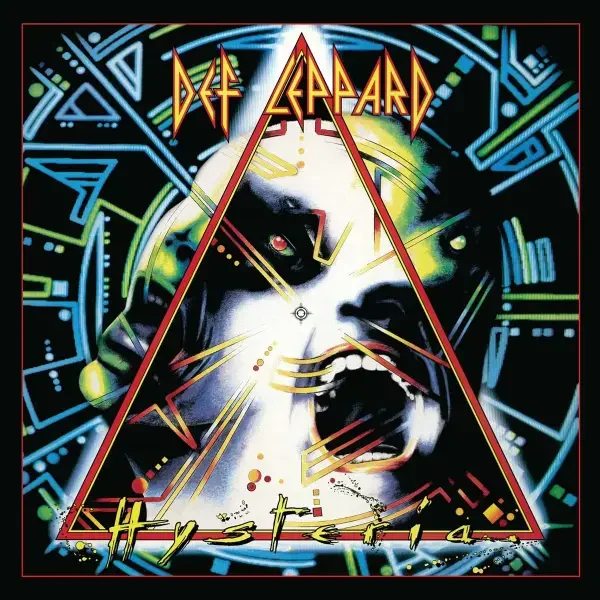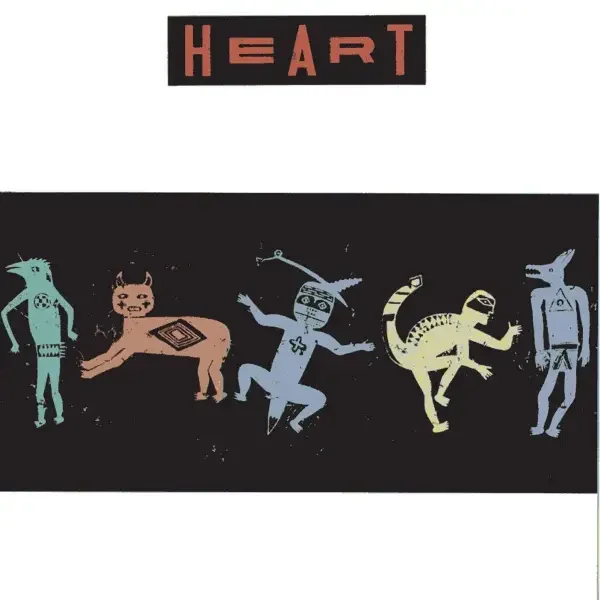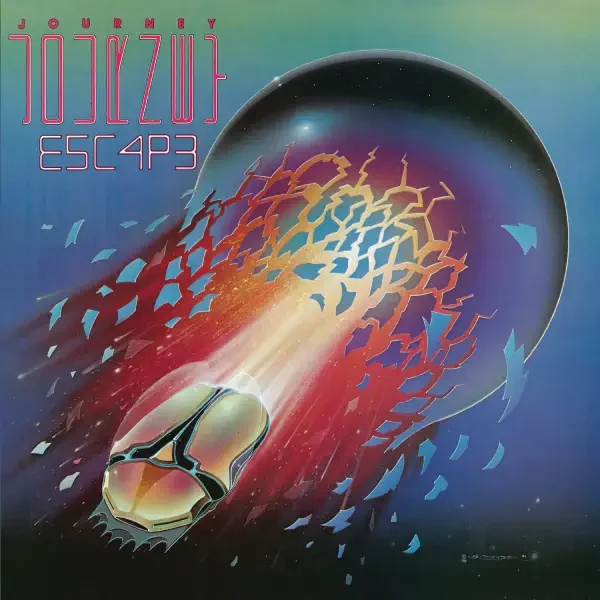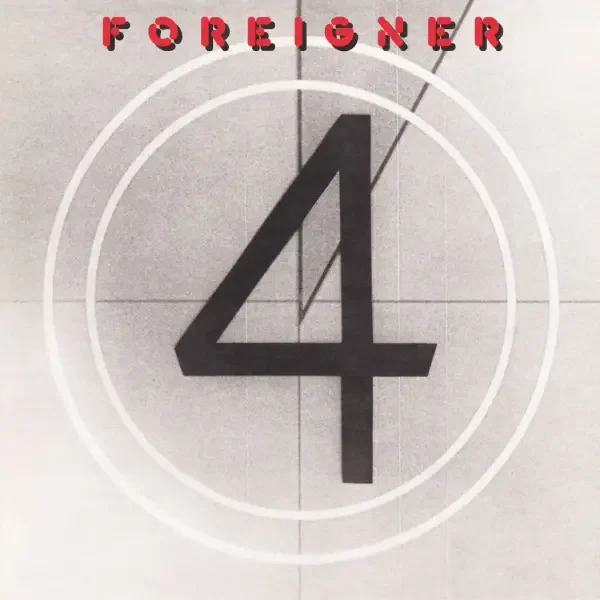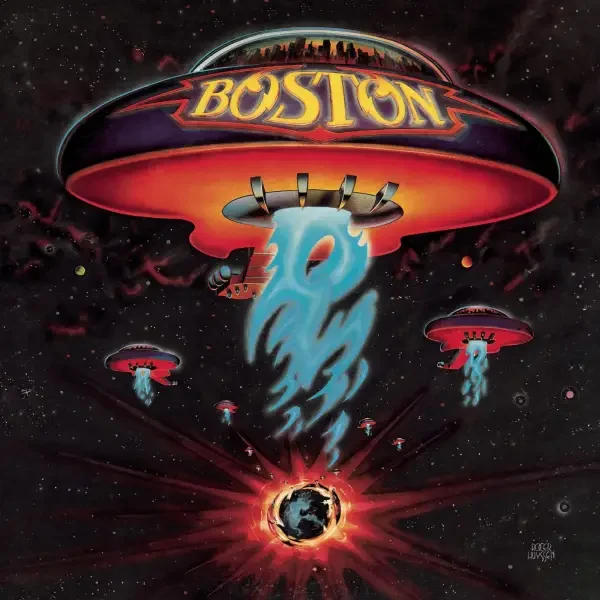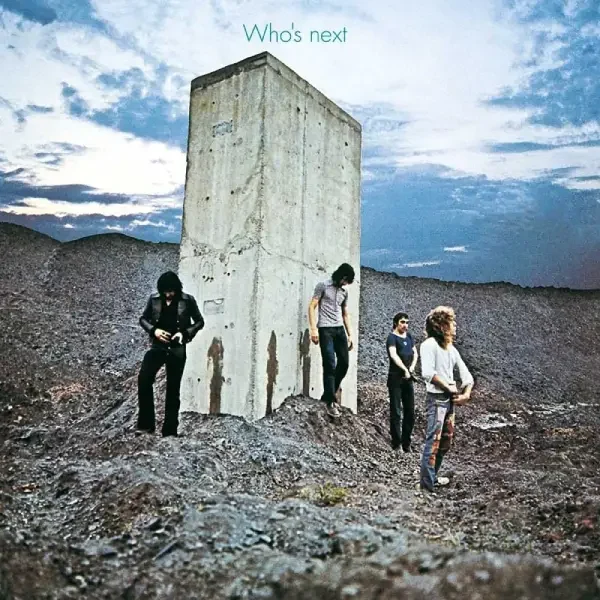Bon Jovi – New Jersey
New Jersey is Bon Jovi at peak arena-rock power—hook-filled, confident, and built for stadium glory. With anthems like “Bad Medicine” and heartfelt ballads like “I’ll Be There for You,” it’s a polished but passionate snapshot of their late-’80s dominance.
 Arena rock, also known as stadium rock, emerged in the 1970s as a grand, bombastic evolution of rock music designed for massive audiences. Characterized by anthemic choruses, soaring guitar solos, and elaborate stage productions, arena rock became the defining sound of rock’s most commercially dominant era. Bands like Led Zeppelin, Queen, and The Who helped pioneer the larger-than-life spectacle, while acts such as Boston, Journey, and Foreigner perfected its formula. The music was built for maximum impact, with catchy hooks and sing-along refrains that could resonate with tens of thousands of fans in sold-out arenas. Pyrotechnics, elaborate lighting rigs, and theatrical stage antics became just as crucial as the music itself, transforming concerts into unforgettable experiences.
Arena rock, also known as stadium rock, emerged in the 1970s as a grand, bombastic evolution of rock music designed for massive audiences. Characterized by anthemic choruses, soaring guitar solos, and elaborate stage productions, arena rock became the defining sound of rock’s most commercially dominant era. Bands like Led Zeppelin, Queen, and The Who helped pioneer the larger-than-life spectacle, while acts such as Boston, Journey, and Foreigner perfected its formula. The music was built for maximum impact, with catchy hooks and sing-along refrains that could resonate with tens of thousands of fans in sold-out arenas. Pyrotechnics, elaborate lighting rigs, and theatrical stage antics became just as crucial as the music itself, transforming concerts into unforgettable experiences.
